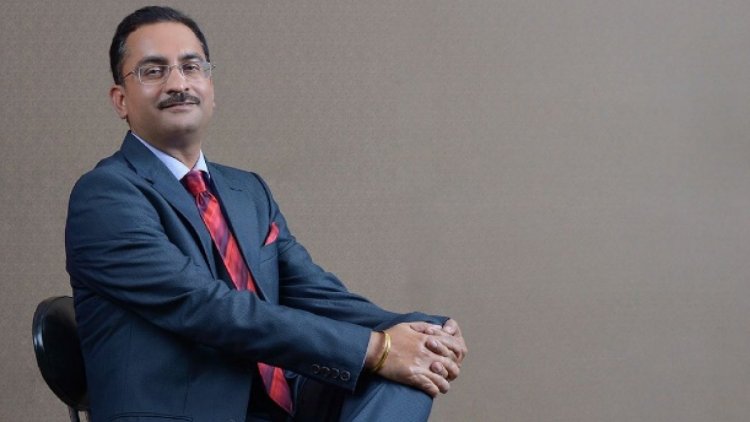How Castler, Founded by Ex-MobiKwik and Razorpay Execs, is Revolutionizing B2B Payments with Escrow as a Service

In the era of rapid digitalization and industrial automation, businesses are increasingly turning to technology-driven strategies. One critical aspect of this shift is the adoption of digital escrow services for fast and reliable digital payments. The traditional escrow infrastructure, facilitated by banks or financial institutions, has been a longstanding method to secure transactions. However, the conventional approach has been plagued by inconvenience and time-consuming processes.
The Genesis of Castler
The impetus for Castler's creation came in early 2020 when Vineet Singh, former Chief Business Officer at MobiKwik, faced transaction mismanagement while selling his car through an online platform. The delays and frustrations prompted Singh, along with Dinesh Kumar, former Sales Head at MagicBricks, to establish Castler in 2021. Subsequently, Kumar Amit, former VP of Enterprise Business at Razorpay, and Ritesh Tiwari, former senior executive at Visa, joined as co-founders, bringing their expertise to the fledgling startup.
Streamlining Escrow Services
Castler's mission is clear – significantly reduce the turnaround time for opening escrow accounts and provide swift and secure digital escrow solutions for both B2B and B2C customers. The startup automates sign-ups, employs eKYC for identity verification, facilitates online e-agreement signing through eStamp, and uses AI/ML for merchant identity verification during onboarding. The result is a fully functional digital escrow account within 14 business days.
Operations and Industry Reach
The startup operates on a subscription-based revenue model and serves various industry segments, including logistics, retail, real estate, and fintech. Castler has partnered with nine leading banks to facilitate escrow accounts for its customers. It successfully raised $7 million from prominent investors such as Venture Catalysts++, Flipkart Ventures, Capital 2B, IIFL Fintech Fund, Zerodha’s Rainmatter, and 9Unicorns.
Success Metrics and Vision
According to Vineet Singh, Castler boasts more than 5,000 active escrow accounts and completed 500,000 transactions in November 2023. With an 80% customer retention rate, the fintech SaaS startup generated INR 1 crore in revenue in FY23 and aims for a six-fold revenue growth in the current financial year.
Bridging Trust Gaps: The Castler Way
Singh emphasizes the global effectiveness of escrow in addressing trust deficits and securing financial transactions. With India eyeing a $5 trillion economy by 2025, Castler sees immense potential in digital escrow to address key challenges faced by businesses and consumers. India's current global rank of 163 out of 190 countries in the 'enforcing contracts' category, as per a World Bank report, further highlights the need for streamlined processes and enhanced transparency.
Comprehensive Solutions and Use Cases
Castler covers a spectrum of services, from business verification and opening escrow accounts to transaction processing and management. API integration allows seamless syncing with existing systems, and compliance and risk management are ensured through multiple layers of protocols. The startup caters to both B2B and B2C scenarios, offering services such as digital lending facilitation, invoice discounting, and security deposits for tenants.
Overcoming Challenges and Growth Trajectory
Castler faced scepticism from incumbent banks initially but gained credibility by securing investments from marquee investors. Venture Catalysts++ played a pivotal role in validating Castler's potential, leading to subsequent funding rounds. The startup aims to strengthen its expansion strategy, establish partnerships with over 25 banks, and achieve substantial growth with its recent funding.
The Landscape and Future of Digital Escrow in India
Globally, the SaaS escrow market is projected to reach $18.4 billion by 2031, indicating significant growth opportunities. In India, the B2B payments market is estimated to grow from nearly $8 trillion in FY22 to $10-11 trillion by FY26. The digital escrow space is witnessing competition from established players like Razorpay and Cashfree Payments, prompting start-ups like Castler to innovate and diversify to stay ahead.
Conclusion
While challenges persist, industry insiders remain optimistic about the potential of digital escrow players like Castler. As digital-first enterprises continue to rise, those able to improve and diversify their escrow services while prioritizing data security are poised for success. With the broader adoption of digital payments, the future holds immense promise for digital escrow solutions in India and beyond.
What's Your Reaction?




















